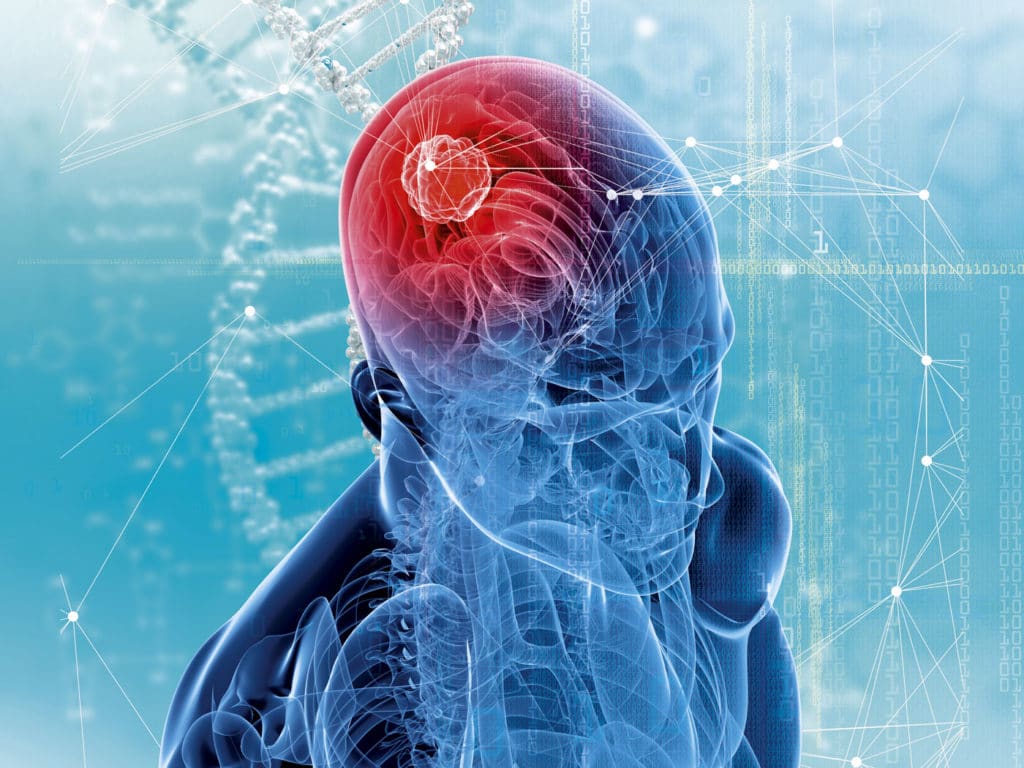Tag: genomics
Curing the incurable: RNA isoforms may hold the key to defeating Alzheimer’s disease

Groundbreaking research on RNA isoforms in Alzheimer’s disease (AD) has revealed another layer of genetic complexity that has been previously overlooked. Using cutting-edge sequencing technology, Dr. Mark Ebbert and colleagues at the Sanders-Brown Center on Aging at the University of Kentucky, USA, performed a detailed analysis of RNA isoforms in the human brain. They discovered multiple, previously unknown RNA isoforms […]
Read More… from Curing the incurable: RNA isoforms may hold the key to defeating Alzheimer’s disease
Australian Genomics: Integrating genomic testing into healthcare

Over the past few years, researchers have developed many new techniques to collect information from our genome. This can help identify inherited conditions and some types of cancer, for example. However, these methods have often been kept within the limits of scientific research. Now, Australian Genomics is keen to push their use into a clinical setting, where they can benefit […]
Read More… from Australian Genomics: Integrating genomic testing into healthcare
Open-source bioinformatic solutions for ‘Big Data’ analysis

Drs Tim Griffin and Pratik Jagtap along with the Galaxy-P team from the University of Minnesota are working to develop workflows on an open source platform for the analysis of multi-omic data. They are currently focusing on using a Galaxy-based framework to investigate the integration of genomic datasets with mass spectrometry-based ‘omics’ data. But in the long term, they aim […]
Read More… from Open-source bioinformatic solutions for ‘Big Data’ analysis
Computational methods of researching cancer treatments

Artificial Intelligence (AI) and machine learning algorithms have the potential to bring substantial advances in the fields of research exploring complex diseases and trying to identify effective treatments. Dr Benjamin Haibe-Kains, working at The Princess Margaret Cancer Centre in Toronto, has spent over a decade developing machine learning tools and databases that could help scientists gain a better understanding of […]
Read More… from Computational methods of researching cancer treatments